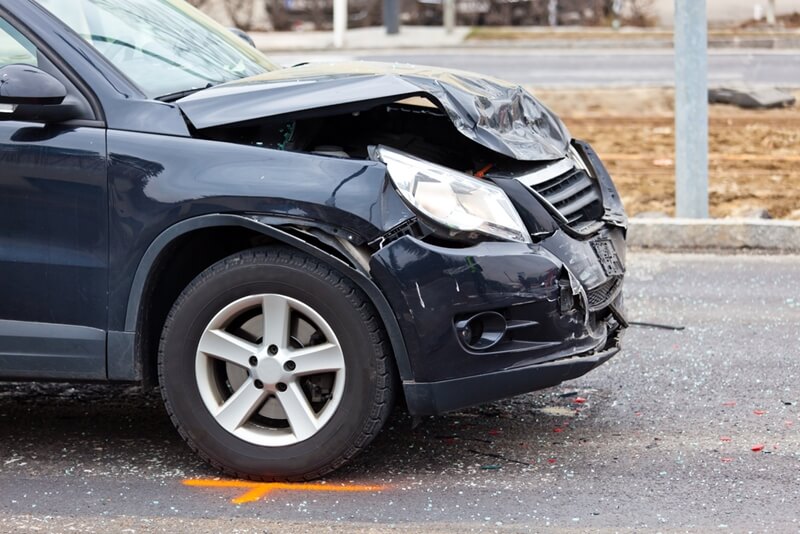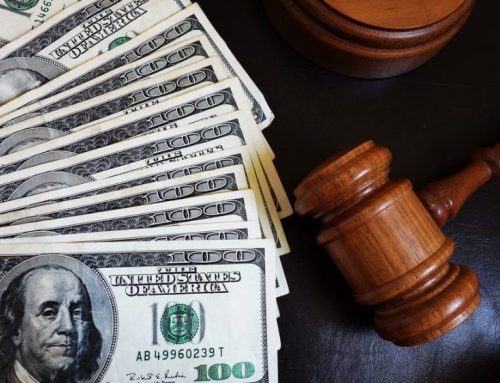Making sense of liability – and why it matters to your injury case
With nearly 95 percent of car accidents caused by driver error, liability is an issue that just about every crash is associated with. If you weren’t to blame for the accident, someone – or something – else most likely is.
But as is so often the case with laws, liability isn’t a singularly defined issue. In other words, while its basic definition is the same regardless of circumstances – being held responsible for an action or result – there are various types of liability that can dictate how a car accident case can or should proceed in a court of law. The following will address some of the basic types of liability and why understanding the differences is important to know before filing a lawsuit if you’ve been injured.
Strict liability
As its title suggests, strict liability is a legal doctrine that – when established – proves someone is to blame for a wrong, or in the car accident sense of the phrase, that a party is responsible for a crash. The burden of proof for strict liability in traffic-related incidents doesn’t have to go so far as to show that a motorist intended to cause injury or get into an accident, but rather that the individual was negligent. For instance, if he or she was speeding – and that’s deemed to be the reason for why the accident happened – strict liability applies. The same standard applies for products. As an example, a manufacturer may have followed all the appropriate procedures for how a tool or device should be put together, but if the product resulted in someone’s injury when using it as intended, the producer is considered strictly liable.

Strict or vicarious, liability can determine how a car accident case should proceed.
Vicarious liability
Typically, you and you alone are responsible for your actions. But that’s not always the case as it pertains to insurance laws. This is because of something called vicarious liability. Let’s say you have been in an accident and the ensuing investigation determines that the other driver – a 27-year-old male, for example – is responsible after running a red light.
Come to find out, the 27-year-old wasn’t driving his vehicle, but a friend’s. Even though he may have been behind the wheel at the time, insurance law dictates that the name of the person on the car’s policy is ultimately the one who is at fault. This is where vicarious liability comes into play. It’s another way of saying that someone besides the motorist is the person who is financially responsible for the damages and/or injuries that resulted.
Where the vicarious liability rule starts to get somewhat murky is when state laws are taken into consideration. As noted by FindLaw, in some states, both the car’s owner as well as the person who was behind the wheel at the time of the accident can be charged with vicarious liability. This is true whether the individual was a fellow member of the family, friend or acquaintance.
So what?
All this being said, you may be wondering what the point is of differentiating between the two. There’s a number of reasons, but the main one is determining who the appropriate person is for an accident, which may ultimately dictate how a case will be prosecuted, assuming that a settlement isn’t reached. Furthermore, even after strict liability or vicarious liability has been proven, there’s still the matter of establishing that injuries resulted from the other motorist’s negligence. In short, just because someone is considered liable doesn’t necessarily mean he or she will pay for the resulting damages. Mitigating circumstances may absolve the driver or owner.
This is why consulting with a car accident attorney is a smart move if you’ve been injured. These attorneys specialize in personal injury law and can provide you with the information you need to determine what charges apply. This process may require discovery, but with a cash advance from Glofin, you’ll be able to pay for the expense. Click here to learn more.



